Revolutionizing PayPal: The Largest Atlassian Cloud Migration in History
PayPal, a global leader in online payments, faced significant challenges with their existing infrastructure, which…
See how leading enterprises are accelerating growth, reducing friction, and scaling performance with our solutions.


When an organization supports mission-critical location intelligence for global automotive brands, execution clarity is foundational.…
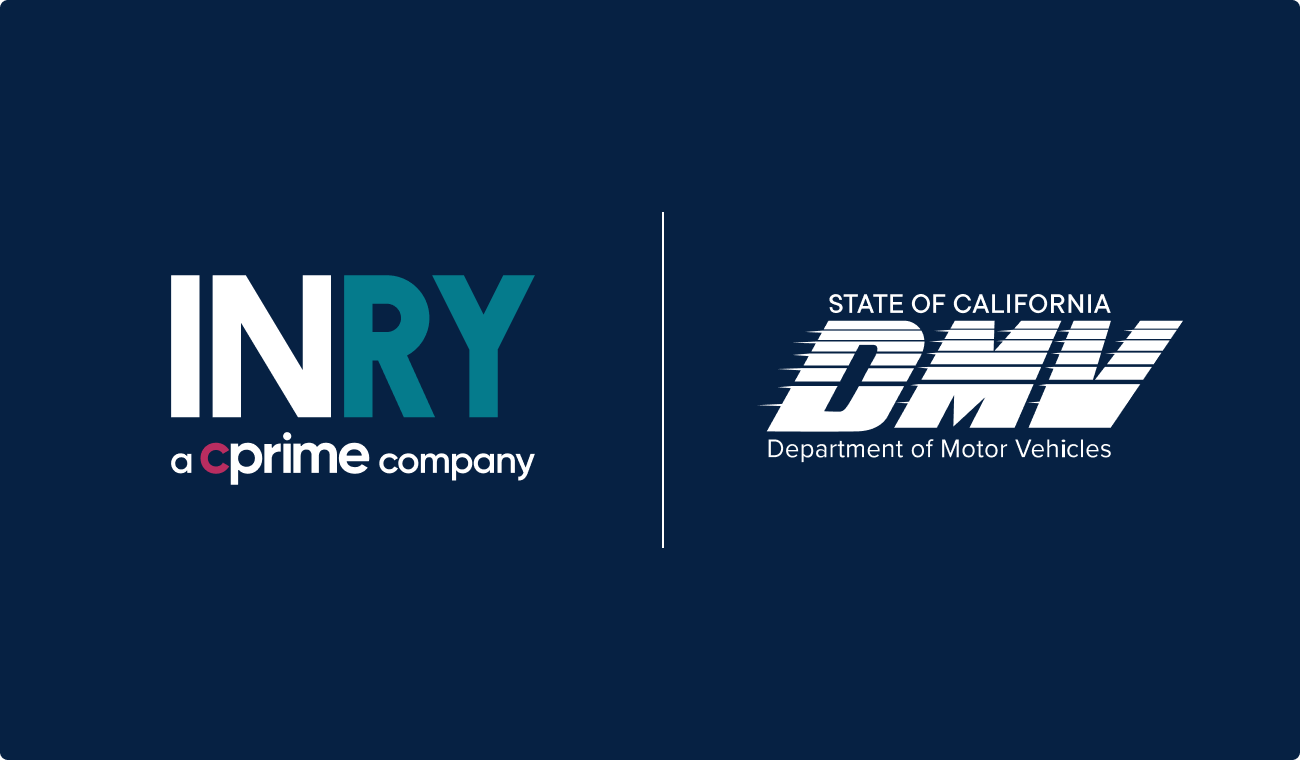
Modernizing the backbone of California’s workforce The California DMV’s Field Operations Division manages one of…
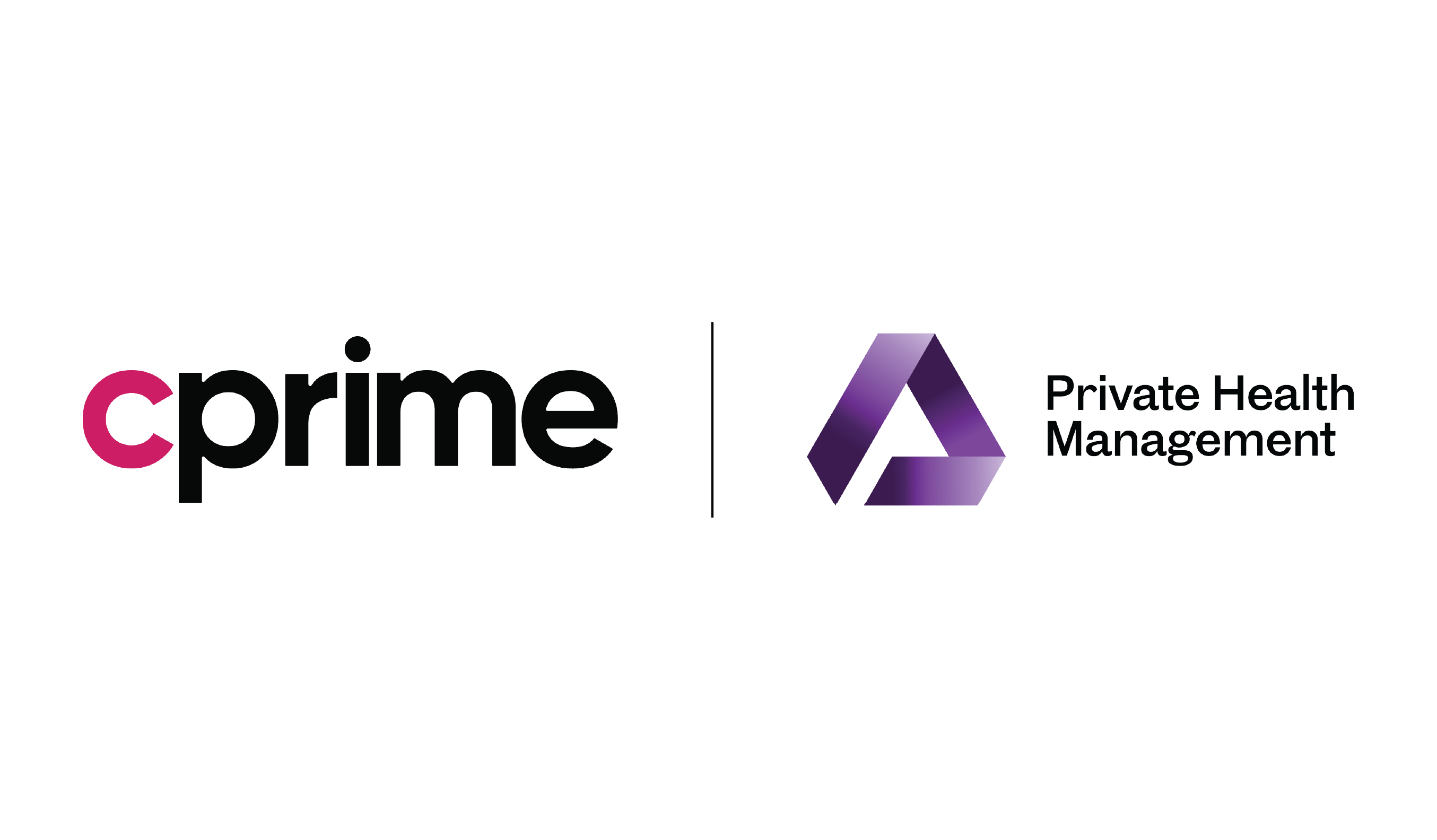
Client background Private Health Management (PHM) delivers highly personalized guidance to patients navigating complex healthcare…

When a mission-critical DevOps platform becomes the business backbone Across its global engineering organization, this…
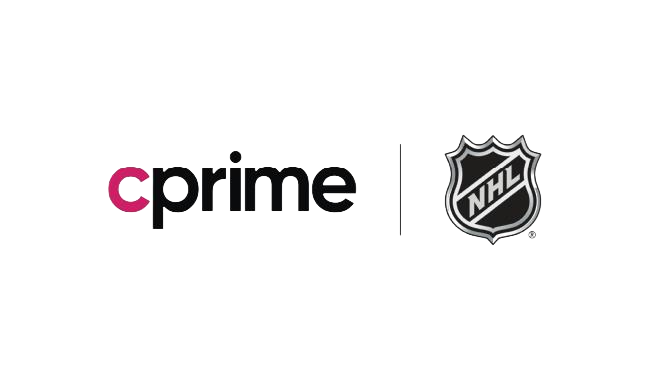
Rewiring employee and partner engagement through intelligent design and embedded partnership The National Hockey League…
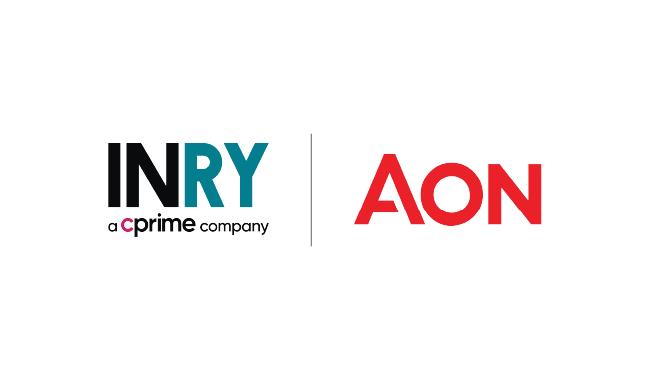
A fragmented AI vision gains direction Aon’s leaders wanted a unified strategy to guide AI…

Explore a product agility case study where a financial firm cut lead time 60% and accelerated delivery through Lean Portfolio Management and Agile practices.

The challenge: fragmentation slowing decisions and obscuring value The airline managed mature processes across architecture,…
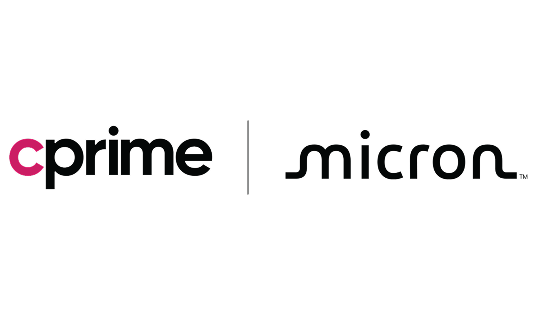
Discover how Cprime led Micron’s Atlassian Cloud migration, moving 60K users securely to the cloud to enable scalability and AI-driven innovation.